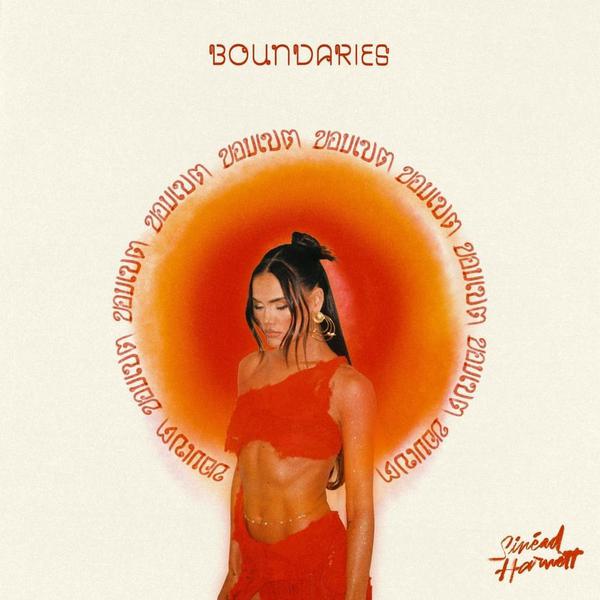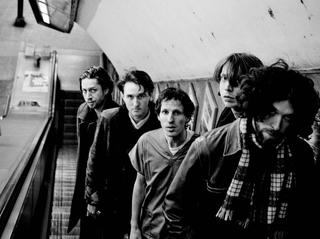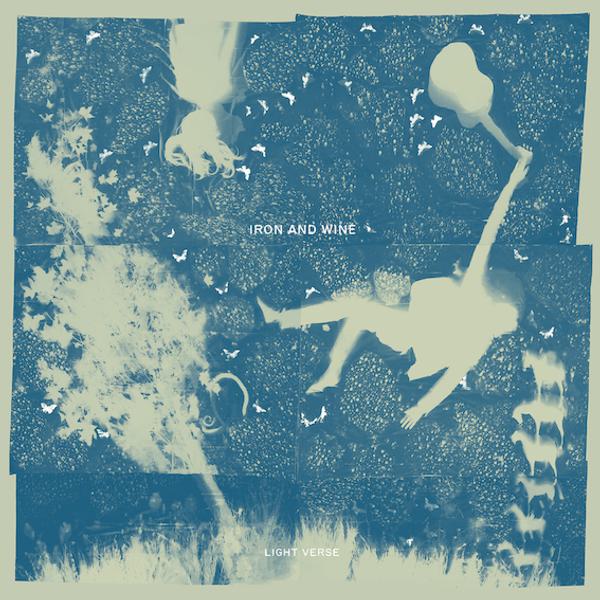Kevin Morby is mythologising himself and we're totally sold
"Singing Saw"
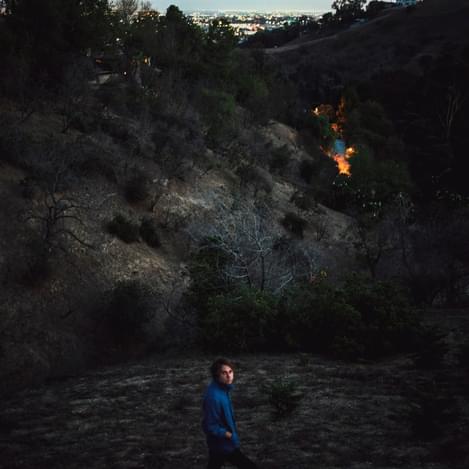
While Kevin Morby’s first two albums, Harlem River and Still Life, found the singer/songwriter intermittently plagued by moments of fear and doubt, Singing Saw grapples more readily and deeply with darkness. As made clear by “I Have Been to the Mountain,” the album’s rather stunning lead single and Morby’s tribute to Eric Garner, there’s a trouble that comes with wide-eyed observation—sometimes you see too much.
Though he writes like someone who has experienced a lifetime’s worth of strife in the span of a couple decades on earth, Morby isn’t playing into any old-before-his-time tropes. The onetime Woods/Babies member’s gift is an ability to process his accumulating experiences with a wonder and awe that, three solo albums in, still seems endlessly renewable.
Morby seems to recognize his songwriting as part of a greater historical patchwork, and the breezier side of The Band and Bob Dylan’s ‘70s work looms large here. Yet motion itself, both physical and temporal, exerts as much of an influence on Morby as anything. Images of water, trains and Ferris wheels recur throughout his songs repeatedly, adding up to a system of symbols that is at once deeply personal and immediately accessible.
Morby has built steadily skyward from the foundations laid by his first and second records, and the themes of his past works course through this album like tributaries feeding into a greater river. If the excellent Still Life single “Parade” achieved something like incidental grandeur, nothing on Singing Saw feels accidental. As his palette has flowered outward to include horns, flute, strings and the accompaniment of a very capable full backing band, Morby’s skills and ambitions as an arranger and songwriter have grown in accordance.
Consider the seven-minute title track, which, on the strength of its namesake instrument and weird, winnowing guitar strains, tracks the troubadour’s descent into more mystical territory than he’s ever visited in song before. Meanwhile “Drunk and on a Star,” with its syrupy, frozen-in-time string arrangement, is the sound of someone trying to slow the world down in order to take in as much of its magnificence as possible.Then there’s “Black Flowers,” a song that, with its skipping-stones fretwork and the trickling grace of its female backing chorus, manages to envision the death of a relationship as an inevitable part of a larger life cycle. “Destroyer,” which plucks equally from soul balladry, gospel and West Coast jazz, is perhaps the most fluid stylistic hybridization here, but hardly the only; throughout Singing Saw, genres melt into one another with the ease of pooling watercolors.
Perhaps loveliest of all is “Dorothy,” a serenade to Morby’s own guitar, which evolves from a fuzzy garage nugget into a nearly orchestral pop song, eventually becoming a tender dialogue between singer and song itself (“The beauty I couldn’t see/Well it just cut me at my knees”). There is a rich pleasure to be found in the song’s galloping tempo, as Morby and his band whip through this tour of one man’s formative musical memories with a relish worthy of a great American driving song.
This fine work of self-mythology suggests that, like innumerable songwriters before him, Morby knows how to successfully melodramatize his own story, a trait which could be confused with self-importance. However, this tendency is just one aspect of a generously grand worldview that examines every life with abundant curiosity and empathy. For all the tragedy that’s to be found within Singing Saw, it is a warm, welcoming album, every second of it informed by a knowledge of the transience of all things. You might find yourself turning to it in a time of need, and it will likely ask for little in return—maybe just that you shed a tear for the characters that populate these songs, and perhaps another for those flowers dying in Morby’s garden.
Get the Best Fit take on the week in music direct to your inbox every Friday

Sega Bodega
Dennis

St. Vincent
All Born Screaming
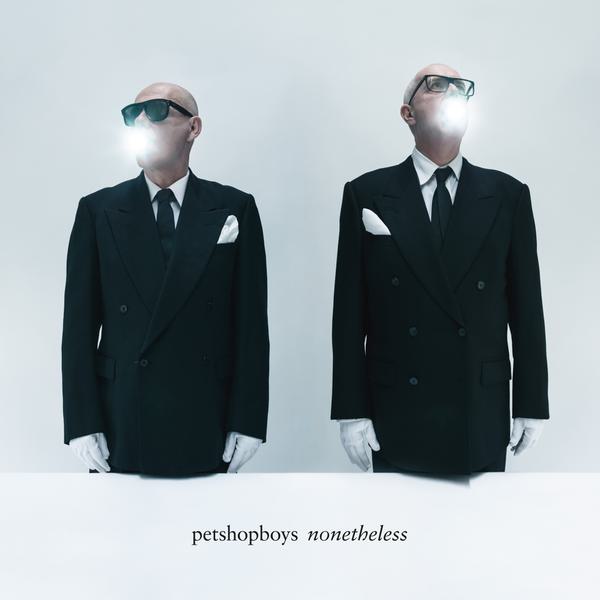
Pet Shop Boys
Nonetheless
